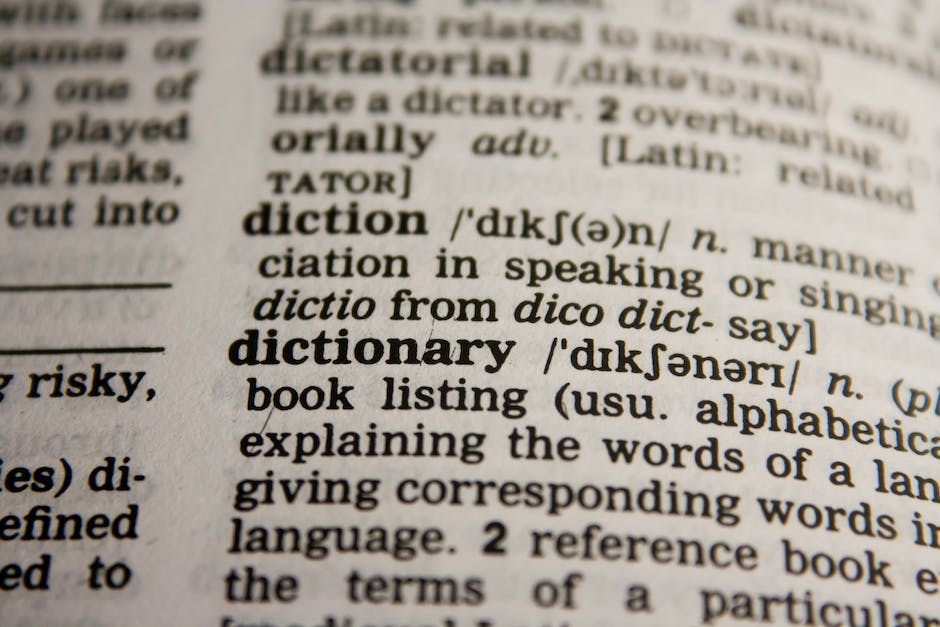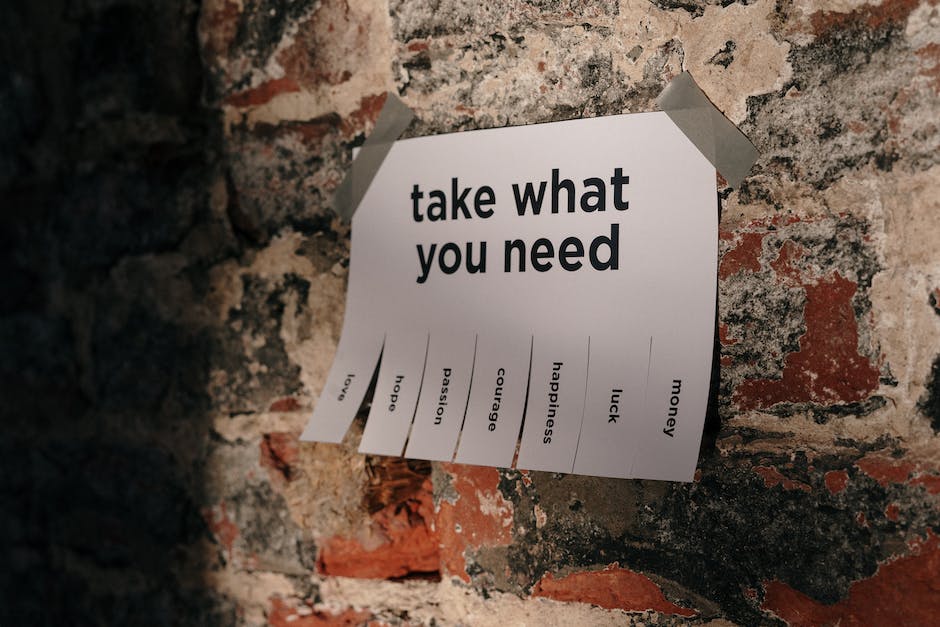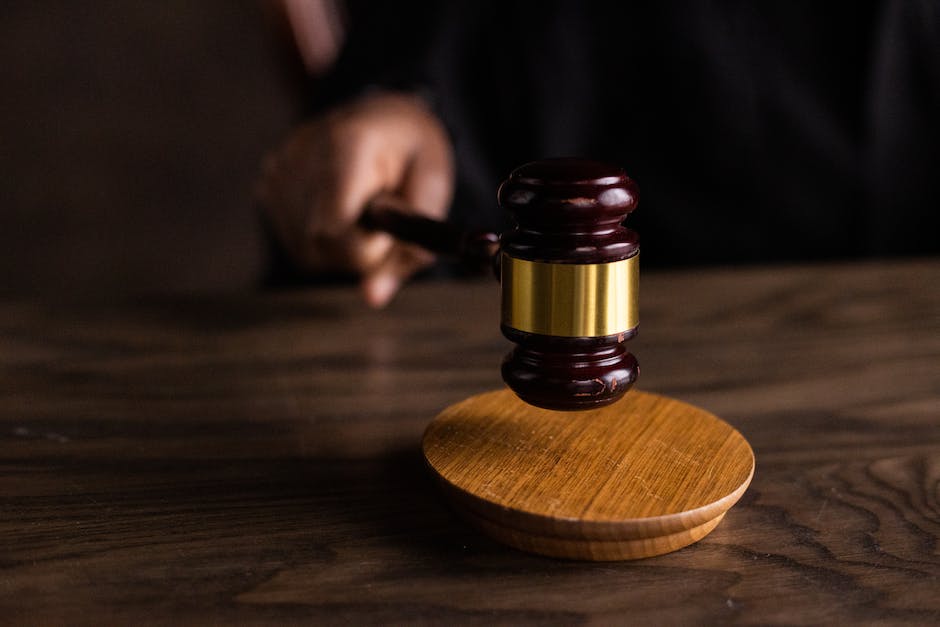Driving under the influence (DUI) is a serious offense with significant legal implications. An arrest can throw your life into a tailspin, particularly when it interferes with essential everyday activities like driving.
Can you drive after a DUI before a court date? The answer to this question varies depending on specific state laws, the circumstances of the arrest, and the offender's previous driving record.
Understanding this can alleviate some of the stress associated with a DUI arrest.
Quick Overview: Can You Drive After A DUI Before Court Date?
Whether or not you can drive after a DUI arrest and before your court date largely depends on the laws of the state where the offense occurred. In many cases, when you are arrested for a DUI, your driver's license is immediately confiscated by law enforcement.
However, you are typically issued a temporary driving permit, which allows for limited driving privileges until your court date or DMV hearing. This temporary permit usually permits travel to and from work, school, and medical appointments, essentially granting the right to drive for necessary activities only.
If the court finds you guilty of a DUI, your temporary driving permit is typically revoked, and a period of license suspension begins. The duration of this suspension varies greatly and depends on the specific circumstances of the offense and your previous driving record. In some cases, you may be required to install an ignition interlock device on your vehicle post-DUI conviction.
Immediate Aftermath of a DUI Arrest
The immediate consequences of a DUI arrest can be quite severe, often resulting in the confiscation of the driver's license.
-
License Confiscation: Police usually confiscate the offender's license upon arrest, providing a temporary permit instead.
-
Testing: Refusal to undertake breath, blood, or urine tests can also lead to immediate license suspension in many states.
-
Bail: In some cases, the offender may be held in custody until bail is posted, complicating immediate access to personal vehicles.
-
Information: It's crucial to understand the conditions of your temporary permit and any potential restrictions to avoid further complications.
Temporary Driving Permit
So, can you drive after a DUI before court date?
A temporary driving permit may be issued post-DUI arrest, allowing limited driving privileges before the court date.
-
Limited Use: The permit typically allows travel to work, school, and necessary medical appointments.
-
Duration: The temporary permit generally remains valid until the court date or the DMV hearing.
-
Replacement: This permit serves as a temporary replacement for the confiscated license.
-
Revocation: If found guilty, the temporary permit is revoked and a driving suspension period commences.
It's important to note that refusal to undertake breath, blood, or urine tests at the time of arrest can often lead to immediate license suspension, negating even these limited privileges in some states.
Role of DMV in DUI Cases
The Department of Motor Vehicles (DMV) plays a significant role in determining driving eligibility after a DUI arrest.
In addition to the court proceedings, there is a separate hearing with the DMV that decides the fate of your driving privileges. The offender generally has a limited period (typically about 10 days) to request this DMV hearing after the arrest. Legal representation at this hearing can significantly improve the chances of retaining some driving privileges.
Depending on the hearing's outcome, driving privileges may be partially restored or further restricted.
Importance of Legal Representation
Legal representation can significantly affect the outcomes of both the court proceedings and the DMV hearing.
-
Legal Expertise: An attorney well-versed in DUI cases can provide advice, advocate for reduced penalties, and possibly retain your driving privileges.
-
DMV Hearing: Legal representation can also improve the chances of a favorable outcome at the DMV hearing.
-
Court Procedure: A DUI attorney can guide the offender through the legal process, helping them understand their rights and options.
Impact on Future Driving Privileges
A DUI conviction can have a long-lasting impact on future driving privileges, often resulting in a license suspension or the need for SR-22 insurance.
-
License Suspension: Depending on the circumstances, a DUI conviction may lead to license suspension, ranging from several months to years.
-
SR-22 Requirement: Post-suspension, many states require SR-22 insurance, verifying that the individual carries the state's minimum liability coverage.
-
Ignition Interlock Device: Some states mandate the installation of an ignition interlock device on the offender's vehicle post-DUI conviction.
-
Driving Record: A DUI conviction remains on the driving record for a considerable period, potentially affecting future insurability and employment.
Conclusion
In the aftermath of a DUI arrest, your ability to drive can be significantly impacted. Immediate license confiscation often occurs, although a temporary driving permit may offer limited relief. The DMV plays a critical role, with a separate hearing determining future driving privileges.
Legal representation can be a powerful asset in navigating both the court and DMV proceedings. Regardless of these outcomes, a DUI conviction can profoundly affect future driving privileges, underlining the seriousness of the offense.
Avoid costly mistakes on the road by understanding the difference between DUI and DWI!







